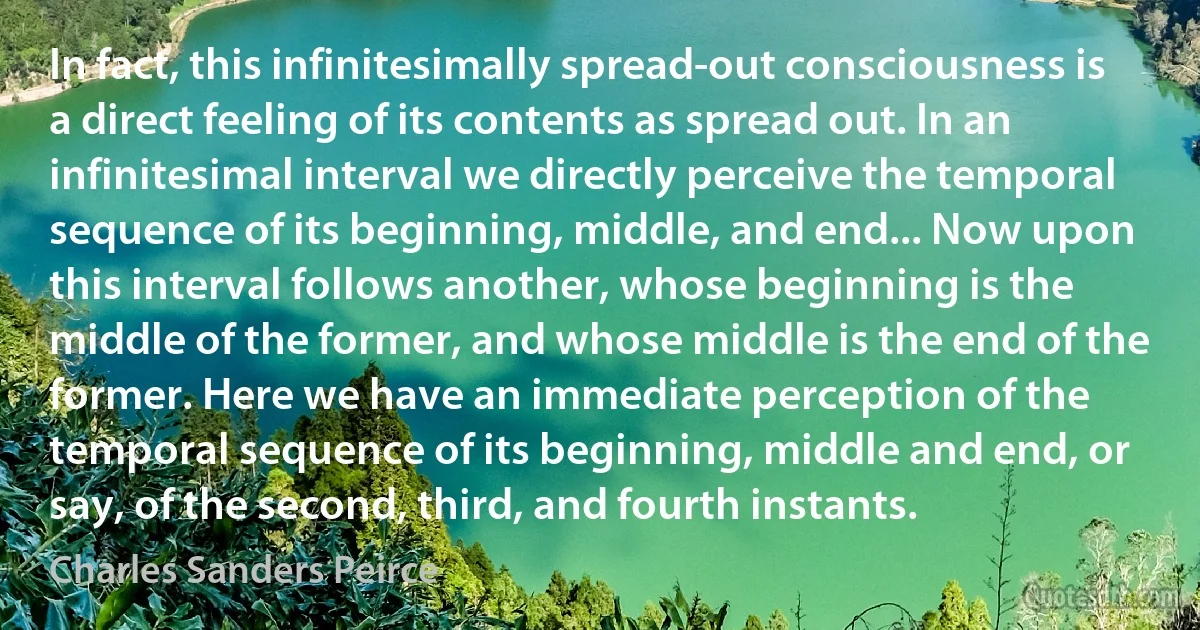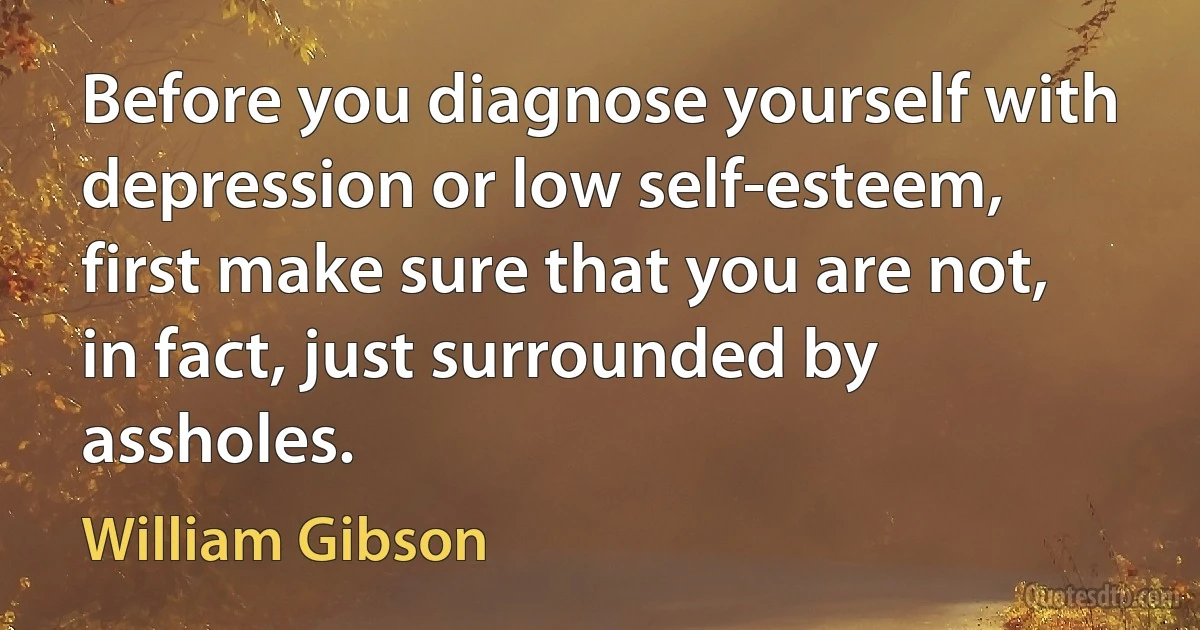Fact Quotes - page 95
Outside the firm, price movements direct production, which is co-ordinated through a series of exchange transactions on the market. Within a firm, these market transactions are eliminated and in place of the complicated market structure with exchange transactions is substituted the entrepreneur-coordinator, who directs production. It is clear that these are alternative methods of coordinating production. Yet, having regard to the fact that, if production is regulated by price movements, production could be carried on without any organization at all might we ask, why is there any organization?

Ronald Coase
Mexico city is a terminal of space-time travel, a waiting room where you grab a quick drink while you wait for your train. That is why I can stand to be in Mexico City for your train. That is why I can stand to be in Mexico City or New York. You are not struck; by the fact of being there at all, you are traveling. But in Panama, crossroads of the world, you are exactly so much aging tissue. You have to make arrangements with Pan Am or the Dutch Line for removal of your body. Otherwise, it would stay there and rot in muggy heat, under a galvanized iron roof.

William S. Burroughs
Great artists are always far-seeing. They easily avoid the big stumbling blocks of fact. They rely on their own simplicity and vision. It is fact-fetichism that has given us those scores and scores of American books on America, the works of sociologists, anthropologists, topical "problem" hunters, working-parties and statisticians, which in the end leave us empty. Henry James succeeds because he rejects information. He was himself the only information he required.

V. S. Pritchett
The thing that worries me about the computer age is the fact that people know so much about you. It's an incredible invasion of privacy. And no matter where you are in the world people can monitor you if you're using your credit card. I heard this weird rumor on the Internet about how the military is funding this great big research project and basically, they believe that in the future, the balance of power won't be determined by who has the most nuclear weapons, but by who has all the information. I'm not afraid of being taken over by computers though, because the thing is, computers cannot resist. You can always smash 'em up, and they're totally defenseless. All we need are more people with hammers.

Thom Yorke
People who make excuses for or actively advocate closed-source OSs and network software (and yes, Apple/iOS fanboys, I'm looking at you) are not merely harmlessly misguided cultists. They are enemies of liberty – enablers and accomplices before the fact in vendor schemes to spy on you, control you, and imprison you. Treat them, and the vendors they worship, accordingly.

Eric S. Raymond
As for my politics, you will have guessed that I am not a Fascist - Fascism does evil that evil may come. And I am not a Communist, though perhaps I might be one if I was a younger and braver man, for in Communism I see hope. It does many things which I think evil, but I know that it intends good. I am actually what my age and my upbringing have made me - a bourgeois who adheres to the British constitution, adheres to it rather than supports it, and the fact that this isn't dignified doesn't worry me. I do care about the past. I do care about the preservation and extension of freedom.

E. M. Forster
All, or the greatest part of men that have aspired to riches or power, have attained thereunto either by force or fraud, and what they have by craft or cruelty gained, to cover the foulness of their fact, they call purchase, as a name more honest. Howsoever, he that for want of will or wit useth not those means, must rest in servitude and poverty.

Walter Raleigh
Human Rights Act are not, as some would have you believe, foreign impositions. These are British rights, drafted by British lawyers. Forged in the aftermath of the atrocities of the Second World War. Fought for by Winston Churchill. So let me say something really clear about the Human Rights Act. In fact I'll do it in words of one syllable: It is here to stay.

Nick Clegg
In its most general form and from the point of view of physics, love is the internal, affectively apprehended, aspect of the affinity which links and draws together the elements of the world, centre to centre. This is how it has been understood by the great philosophers from Plato, the poet, to Nicolas of Cusa and other representatives of frigid scholasticism. Once this definition has been accepted, it gives rise to a series of important consequences. Love is power of producing inter-centric relationship. It is present, therefore (at least in a rudimentary state), in all the natural centres, living and pre-living, which make up the world; and it represents, too, the most profound, most direct, and most creative form of inter-action that it is possible to conceive between those centres. Love, in fact, is the expression and the agent of universal synthesis.

Pierre Teilhard de Chardin
In the "Alexandrian" explanation described above, the multiple from which evolution emerges is both secondary and sinful from its origin: it represents in fact (an idea that smacks of Manicheanism and the Hindu metaphysical systems) broken and pulverized unity. Starting from a very much more modern and completely different point of view, let us assert, as our original postulate, that, the multiple (that is, non-being, if taken in the pure state) being the only rational form of a creatable (creabile) nothingness, the creative act is comprehensible only as a gradual process of arrangement and unification, which amounts to accepting that to create is to unite. And, indeed, there is nothing to prevent our holding that union creates. To the objection that union presupposes already existing elements, I shall answer that physics has just shown us (in the case of mass) that experientially (and for all the protests of "common sense") the moving object exists only as the product of its motion.

Pierre Teilhard de Chardin
While science and technology play critical roles in sustaining modern civilization, they are not part of our culture in the sense that they are not commonly studied or well comprehended. Neither the potential nor the limitations of science are understood so that what can be achieved and what is beyond reach are not comprehended. The line between science and magic becomes blurred so that public judgments on technical issues can be erratic or badly flawed. It frequently appears that some people will believe almost anything. Thus judgments can be manipulated or warped by unscrupulous groups. Distortions or outright falsehoods can come to be accepted as fact.

Henry Way Kendall



